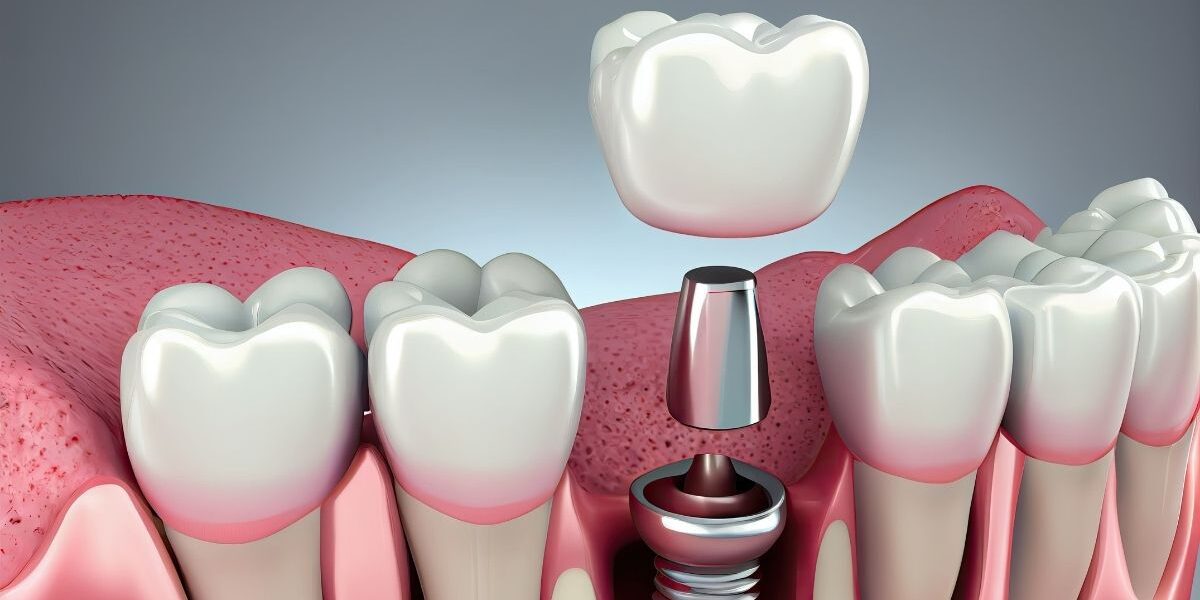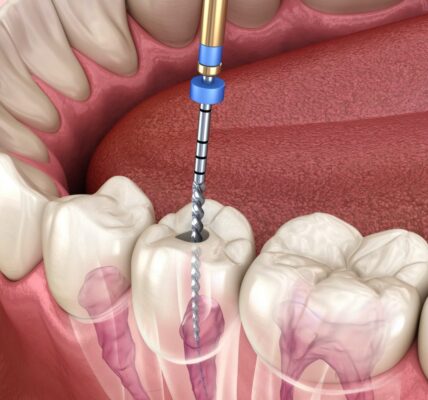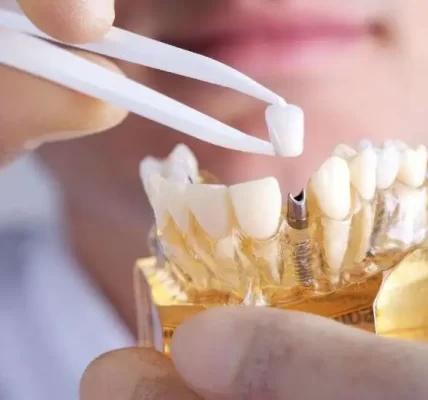Dental implants have changed the way teeth are replaced because they are long-lasting and look like real teeth. However, the success of tooth implants depends on more than just how well the surgery is done. A good diet also plays a big role.
A healthy, well-balanced diet is very important for healing because it helps the bones fuse together properly and keeps your mouth healthy overall. If you are looking for a skilled implant dentist in Berkeley, you need to make an informed choice to get the best results.
The science behind the smile.
A complicated process called osseointegration is used in dental implant surgery. This is where the titanium implant joins with the jawbone, giving the fake tooth a strong and stable base. The body needs a steady flow of important nutrients to make this process work.
Key nutrients you need for dental implant success.
Eating a lot of the following foods can help your teeth heal faster and keep them healthy overall.
-
Protein.
- Why it is important: Proteins are what organs, like bone, are made of. It helps mouth cells heal and grow back, which speeds up the healing process and makes implant integration better.
- Sources: Animal proteins that are low in fat, fish, eggs, dairy products, beans, and tofu are all good food choices.
-
Phosphorus and calcium.
- Why they are important: Phosphorus and calcium work together to make bones and teeth stronger. They are very important for the growth of good bone around the implant.
- Sources: Dairy products (like milk, yogurt, and cheese), leafy greens (like spinach and kale), fortified plant-based milk, and beans are all good food choices.

-
Vitamin D.
- Why it is important: Vitamin D helps your body absorb calcium and phosphorus, which is good for your bones. It also helps keep the nervous system in check, which is important for a quick recovery.
- Sources: egg yolks, enriched dairy products, fatty fish like salmon, tuna, and mackerel, and being outside in the sun.
-
Vitamin C.
- Why it is important: Collagen production needs vitamin C to happen. Collagen is a protein that gives tissues shape and support. It helps keep your gums healthy and speeds up the healing of wounds.
- Sources: Oranges, lemons, grapefruits, berries, kiwis, bell peppers, and leafy green veggies are all good food sources.
-
Vitamin A.
- Why it is important: Vitamin A helps cells grow and change into different types, which helps tissues heal and grow back. In addition, it helps keep the mouth barrier healthy.
- Sources: Things that you can eat are sweet potatoes, carrots, spinach, kale, and dairy products that have been supplemented.
Dietary guidelines you should follow for optimal healing.
In addition to eating a healthy, nutrient-dense diet, here are some other things you might want to do to help your tooth implant heal:
- Soft food diet: For the first few days after surgery, you should only eat soft foods that are easy to chew and swallow. This lowers the chance of making the healing spot worse.
- Staying hydrated: Drink a lot of water to stay hydrated, which helps your body heal and keeps your mouth from drying out.
- Avoid foods that hurt: Foods that are too hot, too cold, too spicy, or acidic can hurt the soft tissues around the implant.
- Cut down on sugary drinks: Too much sugar in the diet can lead to gum disease and tooth loss, among other teeth problems.
- Talk to your dentist: Based on your wants and medical background, your dentist can give you personalized food advice.
By following these food rules and eating nutrient-dense foods, you can make your dental implant surgery much more likely to work and have a healthy, beautiful smile for years to come. For more information, speak to your dentist today.









